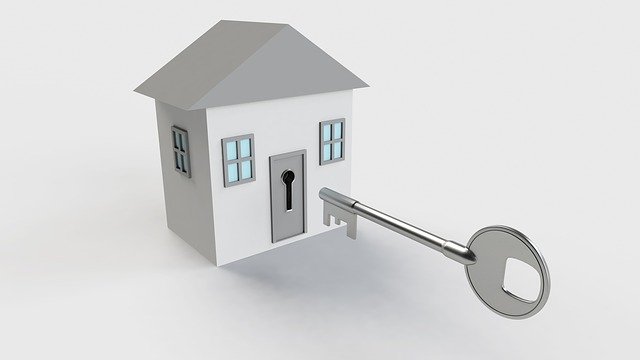At some point in your life, the thought of achieving financial independence has likely crossed your mind. Real estate investment often comes to mind as a potential avenue for this goal. However, many shy away due to a lack of knowledge or perceived risks associated with the business.
While concerns about returns and the time-consuming nature of owning and managing rental properties are valid, the benefits of investing in real estate outweigh these fears. Real estate is a classic method of building wealth, and there are various options available that can fit even the busiest schedules.
Can You Invest In Real Estate If You Have No Time?
Investment in Real Estate: Balancing Time and Returns
The investment aspect of real estate doesn't have to be excessively time-consuming. Much like stock investment, it involves strategic planning and execution. Allocate funds, determine risk tolerance, and learn to spot the best deals in the market.
On the other hand, the operational side of real estate can be demanding, especially for individuals with numerous commitments. It encompasses property management, repairs, tenant screening, and marketing efforts, which can be overwhelming.
However, these responsibilities can be delegated to companies specializing in property management. For instance, a property management company can handle the day-to-day affairs of your rental property, from rent collection to addressing tenant concerns.

Exploring Real Estate Investment Strategies for the Busy
Let's delve into various real estate investment strategies that suit individuals with limited time:
1. Acquiring a Leased Property from Another Investor
Consider purchasing a property that's already leased and managed by another investor. This approach allows you to generate immediate cash flow without spending time on repairs or property hunting.
Benefits:
- You step into the role of a landlord and start collecting rental income.
- Opportunity to build a rental property portfolio with accumulated rental income.
- Lower risk compared to renovations for profit.
2. Investing in Fully Managed Rental Properties

For those with ample resources but limited time, consider investing in fully managed rental properties. This entails purchasing a property with existing tenants and a property manager in place.
Benefits:
- No hassle of managing the property, as a property manager handles tenant affairs and repairs.
- Steady cash flow without direct involvement in day-to-day operations.
- Opportunity to negotiate lower property management fees with an expanding property portfolio.
3. Indirect Real Estate Investment
For a hands-off approach, consider indirect real estate investment options like investing in Real Estate Investment Trusts (REITs) or real estate-related stocks.
Benefits:
- Diversify your real estate investment without direct property management.
- Choice to invest in specific market segments or regions.
- Liquid assets that can be bought and sold like stocks.
Real estate offers a hedge against inflation, providing a solid investment option despite its inherent risks. Whether you're a busy professional or someone with limited time, these real estate investment strategies can be tailored to suit your schedule and financial objectives. Take advantage of this opportunity to build your wealth through real estate, regardless of your time constraints.
Unlocking More Opportunities for Real Estate Investment
4. Participate in Real Estate Crowdfunding
Real estate crowdfunding platforms allow investors to pool their resources to invest in real estate projects. It's an excellent option for those with limited capital and time.
Benefits:
- Diversification across multiple projects with a relatively small investment.
- No direct involvement in property management or tenant issues.
- Access to a wide range of real estate projects and locations.
5. Utilize Real Estate Investment Apps
Modern technology has introduced various apps that simplify real estate investment. These apps help you invest, manage properties, and stay updated with the market, all from your smartphone.
Benefits:
- Effortless property management and investment tracking.
- Access to real-time market data and trends.
- Convenience and flexibility to invest on the go.
Investing in real estate is an important decision, and having the right guidance is crucial. At NORADA REAL ESTATE INVESTMENTS, we strive to provide exceptional investment opportunities and help you succeed in real estate investment. Reach out to us for a consultation and start your journey toward financial independence.




